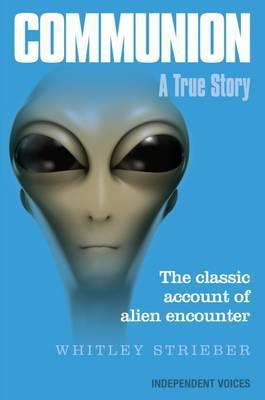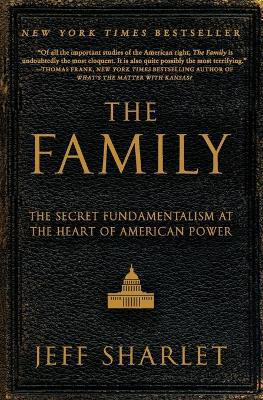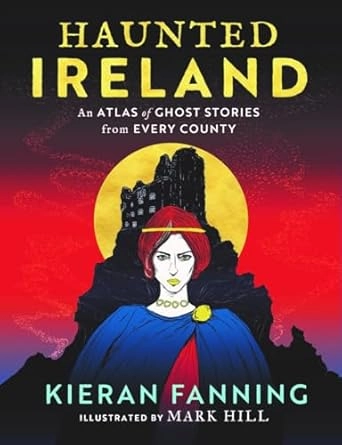Richard D. Hall’s Update and Breakdown of Financial Court Costs
General News
Monday 25th, November 2024
2 minute read.
Richard D. Hall, a former TV producer, has been ordered by the High Court to pay €52,000 in damages and up to €270,000 in legal costs after being found guilty of harassing Manchester Arena bombing survivors Martin Hibbert and his daughter, Eve. The court determined that Hall's actions caused "serious distress" and constituted a "reckless abuse of media freedom".
The case centred on Hall’s claims that the 2017 attack, which left 22 people dead and hundreds injured, was a hoax orchestrated by the government. Hibbert and his daughter, who were seriously injured in the attack, were among those Hall labelled as "crisis actors" in a series of videos, a book, and live events. Hall even filmed outside the Hibberts' home without consent, actions which the court deemed oppressive and invasive.
In her ruling, Justice Steyn stated that Hall's conduct amounted to harassment under the Protection from Harassment Act 1997. She described Hall’s behaviour as "negligent" and noted that he "persistently published false allegations" despite overwhelming evidence from criminal trials and official reports confirming the attack.
In a statement made outside the court on 8 November 2024, he said,
Hall is now appealing for public donations to cover his financial liabilities, with legal costs and damages potentially totalling €322,000. As of 23rd November 2024, his supporters had raised €145,000 towards his legal fund.
The case highlights the delicate balance between freedom of expression and the protection of individuals from harmful theories. The court made it clear that while media freedom is protected, it does not extend to the propagation of demonstrably false and harmful narratives.
Legal experts suggest that this ruling could deter others from spreading harmful misinformation. The Manchester Arena attack, carried out in May 2017 during an Ariana Grande concert, remains one of the deadliest terrorist incidents in the UK, with long lasting impacts on survivors and families.
The case centred on Hall’s claims that the 2017 attack, which left 22 people dead and hundreds injured, was a hoax orchestrated by the government. Hibbert and his daughter, who were seriously injured in the attack, were among those Hall labelled as "crisis actors" in a series of videos, a book, and live events. Hall even filmed outside the Hibberts' home without consent, actions which the court deemed oppressive and invasive.
In her ruling, Justice Steyn stated that Hall's conduct amounted to harassment under the Protection from Harassment Act 1997. She described Hall’s behaviour as "negligent" and noted that he "persistently published false allegations" despite overwhelming evidence from criminal trials and official reports confirming the attack.
In a statement made outside the court on 8 November 2024, he said,
“There are few citizens, if any, who have researched and investigated the Manchester Arena incident more than I have. In my years of investigation, I did not find any evidence to show that a real bomb was used. This court has refused consistently and repeatedly to examine fully any primary evidence from the Manchester incident, which I put forward in my defence. It has also refused my applications to obtain further evidence, which we know exists, and would be easy for a court to obtain. I contend, therefore, that this was not a fair trial.”
Hall is now appealing for public donations to cover his financial liabilities, with legal costs and damages potentially totalling €322,000. As of 23rd November 2024, his supporters had raised €145,000 towards his legal fund.
The case highlights the delicate balance between freedom of expression and the protection of individuals from harmful theories. The court made it clear that while media freedom is protected, it does not extend to the propagation of demonstrably false and harmful narratives.
Legal experts suggest that this ruling could deter others from spreading harmful misinformation. The Manchester Arena attack, carried out in May 2017 during an Ariana Grande concert, remains one of the deadliest terrorist incidents in the UK, with long lasting impacts on survivors and families.



